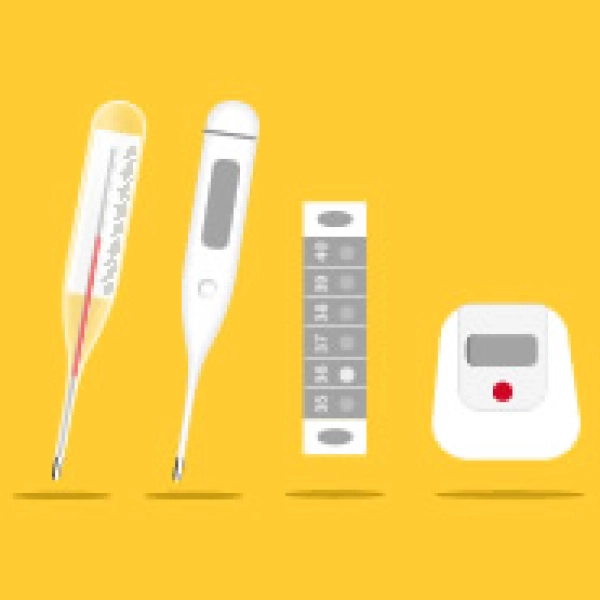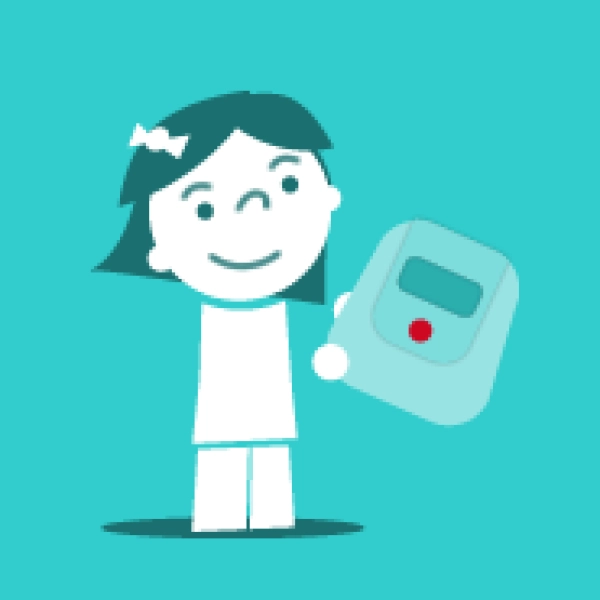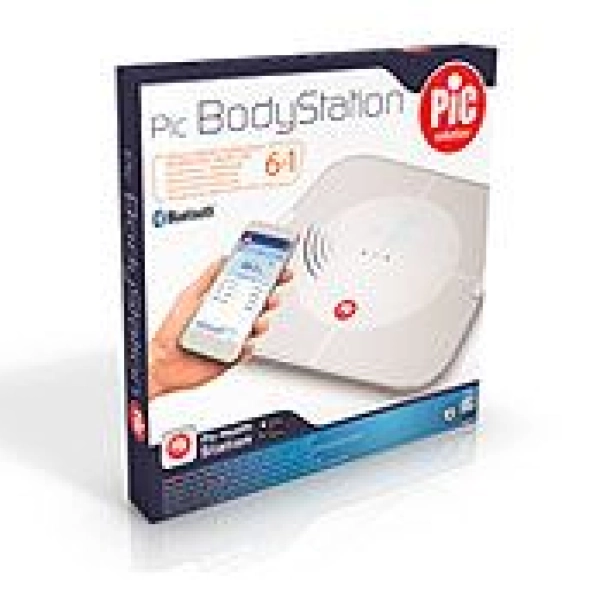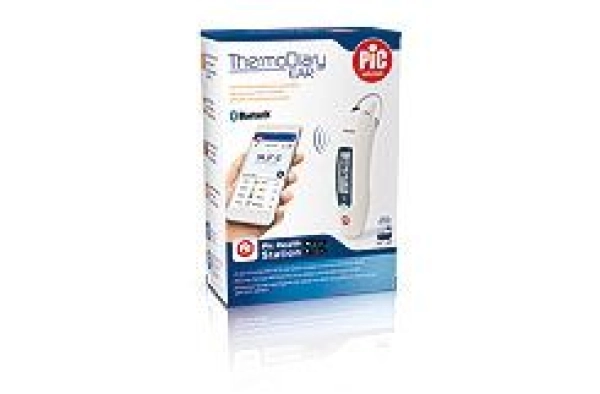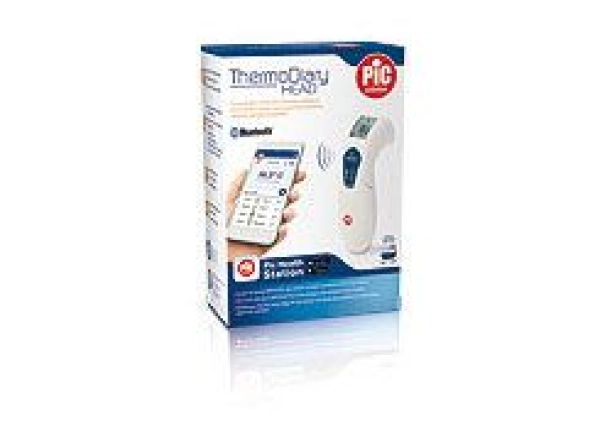

According to Medscape, an authoritative international medicine journal, new connected devices can engage patients like never before and improve their relationship with doctors. But what does this revolution really have in store for us? People will take on a more active role in their own care process and share information about their health in real time. Now, let's take the time to go through all the benefits of connected healthcare devices.
Various experts agree that connected health devices will take us to an era in which every individual will always have all their medical data available, and will have the opportunity to better understand both their own health and the opportunities they have to improve it. This phenomenon is called Patient Digital Empowerment, and leads to patients' active and responsible participation in their own care process.
The term "Patient Digital Empowerment" was coined by American psychologist Bob Anderson to indicate patients taking charge of their own care plan, focusing on parameters such as personal history, life experience, social relationships, present and past environment. Patient Digital Empowerment is a real evolution of personal care projects, stimulating patients to adopt behaviours that are conducive to health and wellbeing.
This new approach helps patients manage chronic diseases such as diabetes and hypertension, which require constant monitoring and particular attention in complying with doctors' or specialists' instructions.
In addition to connected devices for self-monitoring, which can easily be purchased in pharmacies, today many healthcare systems have developed technologies and digital platforms capable of connecting hospital doctors or specialists to their patients, in order to exchange timely and immediate information. For certain pathologies, such as heart failure for example, the use of telemedicine has been shown to reduce mortality by 30-35% and hospitalisations by 15-20%. Doctors and healthcare professionals who have real-time access to patient data are able to better - and faster - assess the situation when action is needed.

